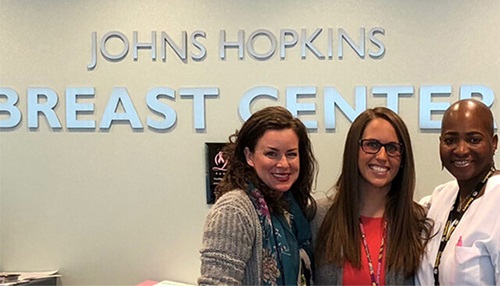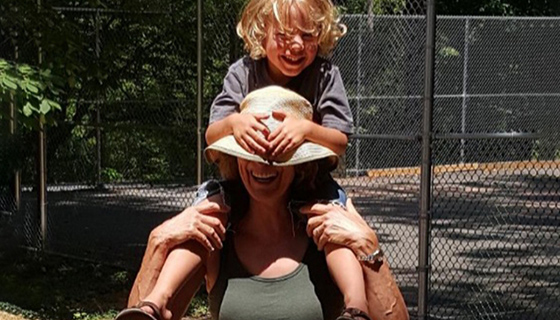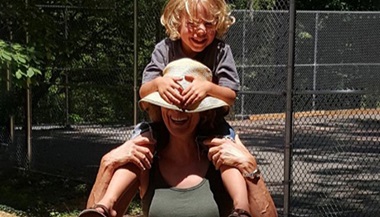7 Things You Might Not Know About Delayed Breast Reconstruction
Featured Experts:
Whether it’s been 20 days or 20 years since your lumpectomy or mastectomy, you’re likely a candidate for reconstruction.
More than 70 percent of women who forgo reconstruction at the time of their breast surgery don’t know it’s an option, don’t have access to a plastic surgeon, or are focused and worried about managing their diagnosis, says Gedge Rosson, director of breast reconstruction at Johns Hopkins.
Rosson and his colleague Michele Manahan shed some light on what most people may not know about delayed breast reconstruction:
The vast majority of breast cancer survivors are good candidates.
While every patient is different and approaches to reconstruction may vary, nearly every breast cancer survivor who is interested in breast reconstruction is a candidate.
Schedule a consultation with a breast reconstruction surgeon to learn more.Breast reconstruction can improve your quality of life.
“Some patients don't have the opportunity for or are not interested in reconstruction when they are first treated for breast cancer,” says Manahan. "We can still offer breast reconstruction at any point, and it often helps patients feel better about their overall experiences and what their bodies have had to face."
Leading studies that compared quality-of-life assessments for women before and after breast reconstruction, Rosson and Manahan found that reconstruction, whether immediate or delayed, can greatly improve a woman’s sense of wholeness and well-being.
Breast reconstruction can also alleviate pain and chest tightness associated with radiation treatment and, in some cases, improve nipple sensation.Prostheses can be cumbersome.
Patients that opt for prostheses often find that they’re heavy and hard to fit with their clothing. Prostheses may also require regular replacement. Breast reconstruction can be a permanent solution to restoring your breasts to a more natural shape and size.
You don’t have to live with jagged, indented scars.
Innovations in breast reconstruction surgery over that last decade have greatly improved appearance, including reducing the number of indentations and appearance of scars.
Surgeons at The Johns Hopkins Hospital perform the most advanced muscle-saving flap, fat grafting and implant procedures.
Watch this animated video to learn more about delayed reconstruction using tissue from the abdomen.
It’s OK to wait.
In many cases, your reconstructed breast will look just as good whether you had reconstruction during your mastectomy or after.
“We really do believe it’s never too late,” says Manahan. “You can wait and put it off, and when you’re ready, we will have many good choices for you.”
Even if you were counseled against breast reconstruction at the time of your treatment, advances in reconstructive techniques may qualify you for the procedure. Schedule a consultation with a breast reconstruction surgeon to learn more.You can pick an option that fits your lifestyle.
Your surgeon can work with you to create a customized treatment plan to suit your preferences. For example, you can choose between breaking up breast reconstruction into one longer surgery or several shorter and less invasive ones. You’ll also have the choice to have your breast reconstructed using your own tissue from your belly, thighs, buttocks or back. Additionally, you can select reconstruction using implants made of saline or silicone.
It’s covered by insurance.
Health care costs are often a primary concern for patients facing any surgical procedure. For breast reconstruction after breast cancer, it doesn’t have to be. Federal law requires that breast reconstruction, in addition to other post-mastectomy benefits, be covered by medical insurance.
Reconstructive Surgery After Breast Cancer

This type of surgery requires not just a skilled and experienced surgeon but also a team of doctors and nurses who treat breast cancer. Johns Hopkins plastic and reconstructive surgeons specialize in complex breast reconstruction procedures and have successfully completed reconstructions for hundreds of women, restoring their self-image after cancer treatment.








